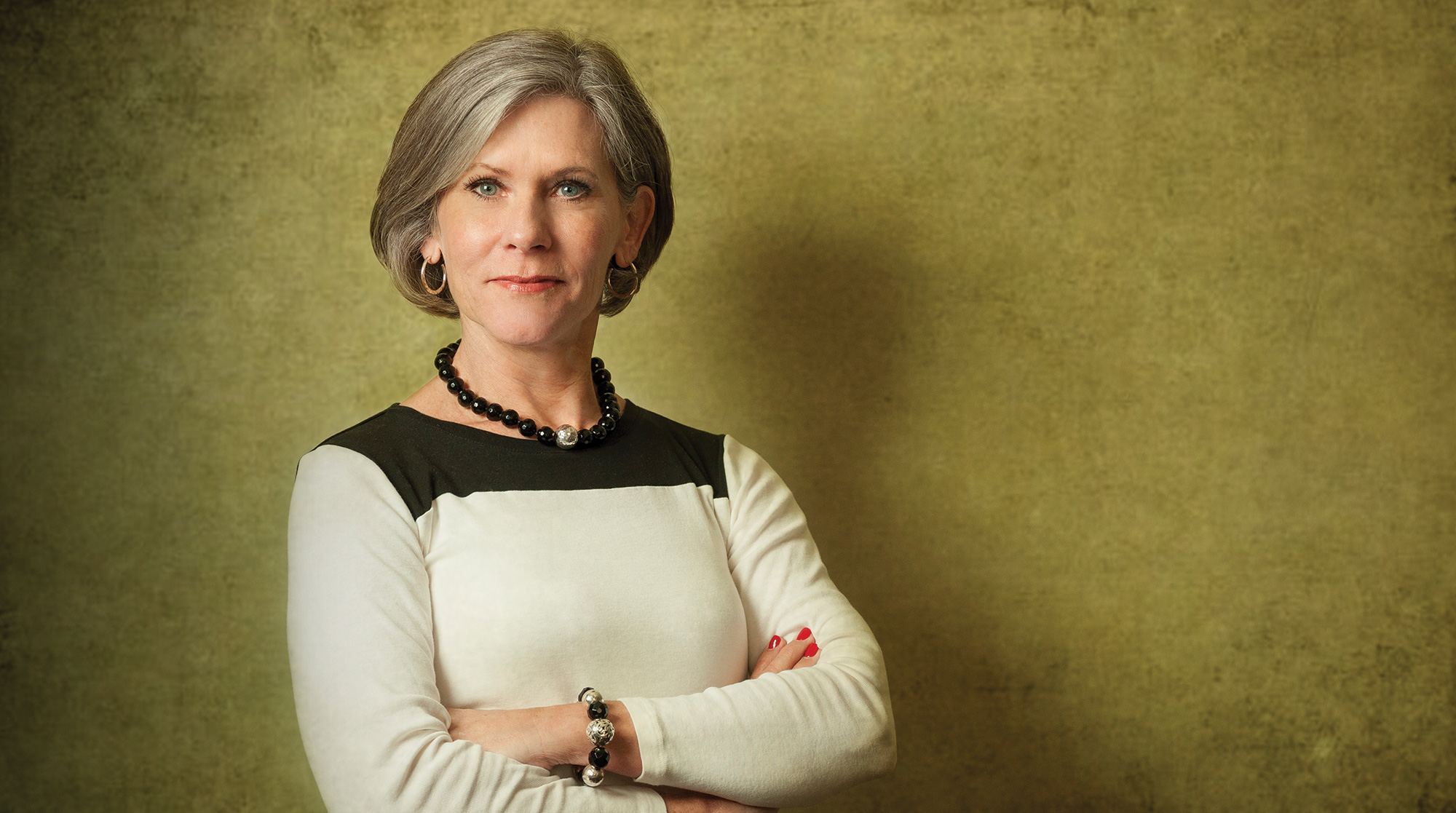

When Laura Pavlou visits Gig Harbor’s Washington Corrections Center for Women, she sees hope and vitality. Behind the steel gates of the maximum-security prison, it is her mission to nurture potential.
“I see women who are smart, but never tapped into the resources inside of themselves,” she says.
In 2008, Pavlou co-founded Women’s Wellness and Integrated Social Health (WWISH) as an online resource to help women in crisis. A year later, she was invited to speak at Belfair’s Mission Creek Corrections Center for Women. She deeply connected with the incarcerated women and founded an ongoing program, which expanded in June 2013 to the Gig Harbor prison. Pavlou facilitates weekly group sessions where inmates share stories and develop positive thinking and communication skills. They also engage in individual workbook and writing exercises.
WWISH has served approximately 3,000 inmates and is open to the entire prison population, ranging from teenagers to senior citizens. Pavlou interacts freely with those serving sentences for everything from murder to drug offenses. “They are no different than the rest of us. I look at my own life and there were many times I put myself at risk. It was really luck of the draw that I didn’t end up in prison,” she says.
After facing domestic abuse and mental-health challenges, Pavlou charted a new course through education. Always an avid writer, she enrolled in community college, where she thrived and launched a college newspaper. She received the prestigious Jack Kent Cooke Foundation scholarship, which allowed the 42-year-old single mother of three to enroll at UW. She graduated in 2006 with a journalism degree.
“On campus, I felt like—pinch me! Is this really my life? I was able to have a better life because of resources and support from friends and mentors who encouraged me. For a long time, they saw me better than I saw myself,” she says.
Pavlou is paying the help forward. Early indicators point to her organization reducing recidivism as well as infractions in prison. The King County Prosecuting Attorney’s Office has expressed support and there is the possibility of expanding to additional facilities.
“When I walk into the prison, I feel like I’m home,” says Pavlou. “Of course, I’m grateful for my freedom, but I’m so hopeful for their transformations. I’m excited to be there, see my friends inside and do the work.”